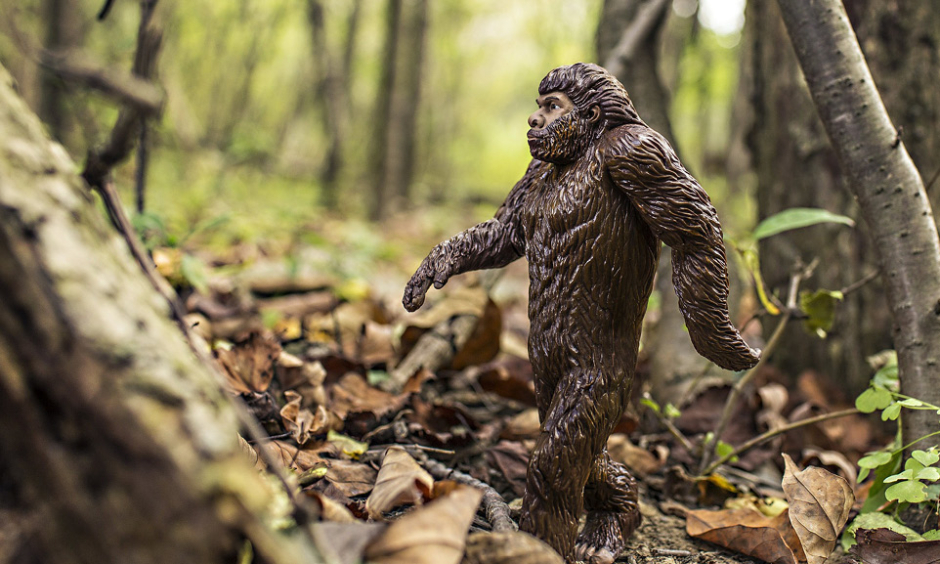GUT–BRAIN signalling is a topic of paramount importance in modern biology and medicine. It is understood that the bidirectional signalling, mainly via the vagus nerve, between the central and the enteric nervous system, often known as the ‘second brain’, is critical to the regulation of homeostasis and health. New results from the University of Southern California (USC), Los Angeles, California, USA have provided a link between memory and the gut.
This link is speculated to be as a result of our evolutionary history. Thousands of years ago the first nomadic humans would have walked for miles to find food, and once it was found, it would have been crucial to remember where the valuable food source was. Therefore, it is believed that the mammoth meat not only provided vital nutrients, but also activated an internal satnav that would allow early humans to remember where they found this delicacy. One of the study’s authors, Dr Scott Kanoski, USC Dornsife, discussed this process, explaining: “When animals find and eat a meal, for instance, the vagus nerve is activated and this global positioning system is engaged.”
Using rats, the scientists examined this gut–brain connection in regard to remembering the external environment of the food source. It was observed that the population of rats with a disconnected gut–brain vagus nerve pathway exhibited impairments in hippocampal-dependent memory; additionally, this gut–brain disconnection had negative consequences: “these memory deficits were coupled with harmful neurological outcomes in the hippocampus,” stated the study’s lead author, Mr Andrea Suarez, USC. The subject rats did not show any altered anxiety levels and or changes in weight.
In an age with ever-growing numbers of patients with memory disorders, the authors concluded that these results pose important questions about gastric surgeries and the effect these therapeutic techniques have on gut–brain signalling.








